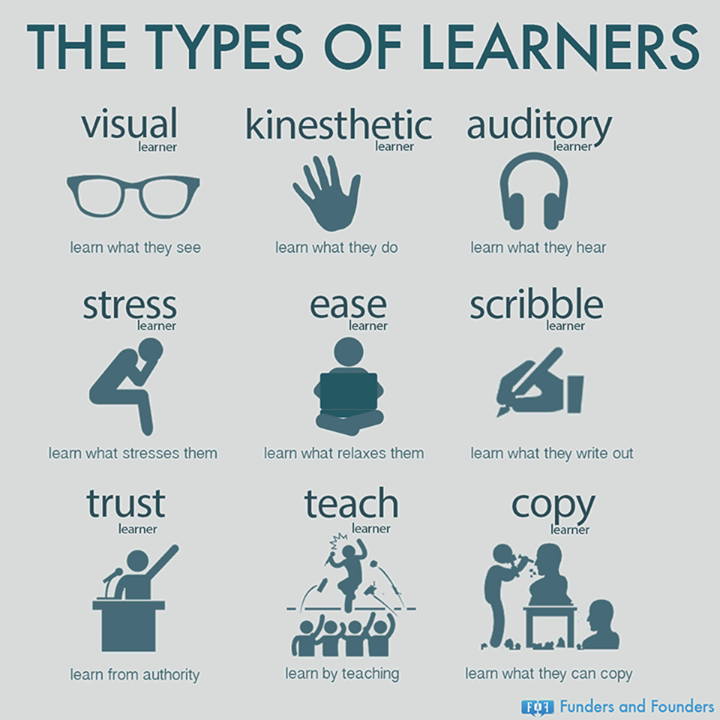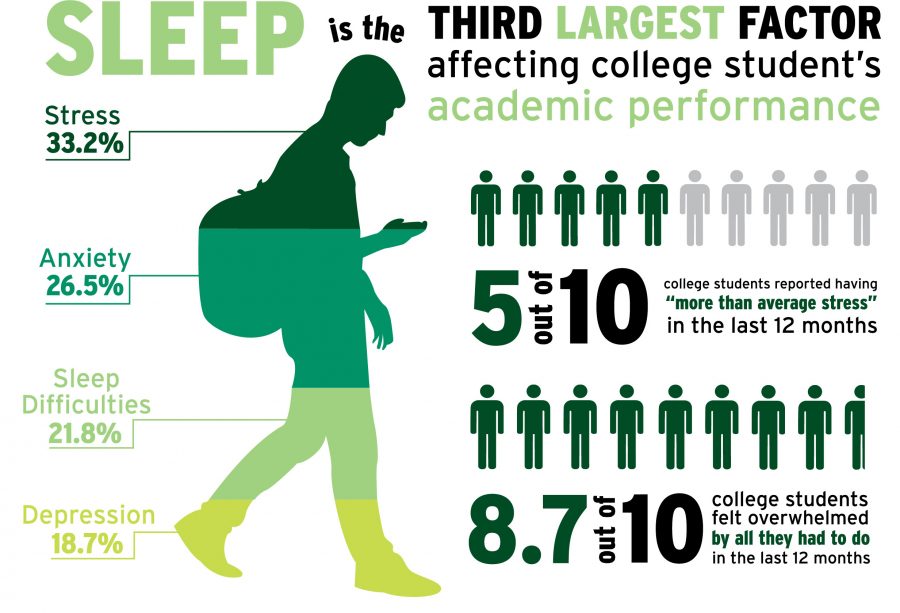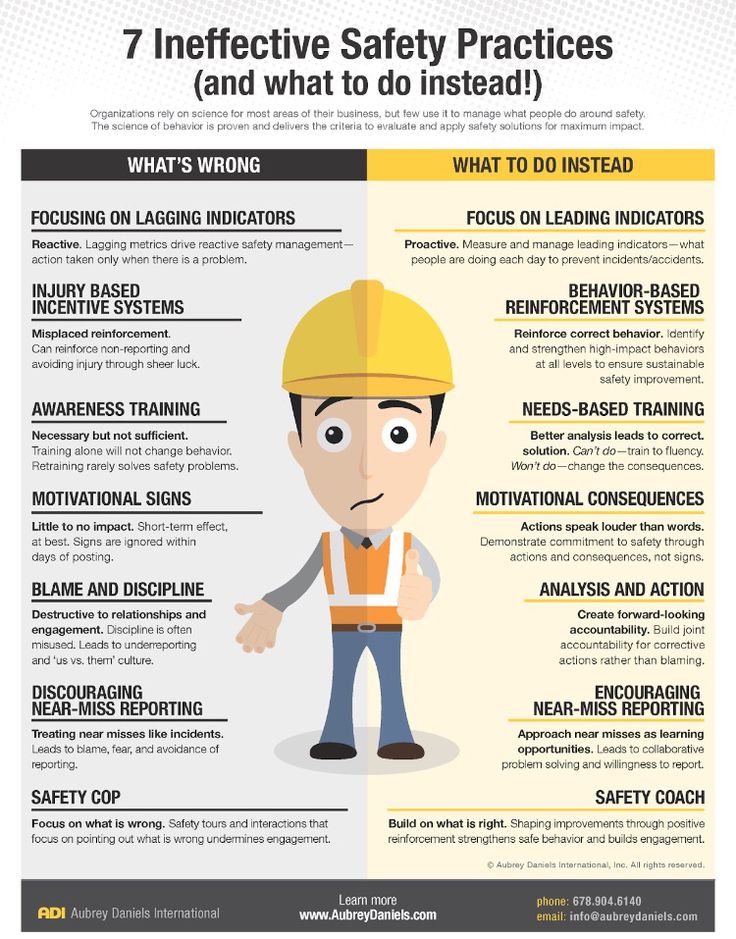Types of introverts quiz
What kind of introvert are you?
Learn what type of introvert you are and I'll help you learn to cope with your specific personality traits in your daily life.
Take The Quiz
What does a night on the town look like for you and your friends?
A movie night with my bestie. I prefer one-on-one hangs.
A small group of close friends having dinner and cocktails.
Can it be a spa day instead?
A night out? With people? Not a chance!
1 / 10
It's Self-Care Sunday! You:
Go for pedicures with a friend. A foot massage and a good chat do the body and soul good.
Take yourself out for lunch and some shopping, ending with a hot bath and mud mask before bed.
Spend the day working on personal projects. Being creative always fills your heart.
Go for a hike with a good meditation at the summit. Being in nature always settles your nerves.
2 / 10
When it comes to dating, you:
Prefer to date friends or be introduced through a friend.
Make sure to take alone time after dates to recharge.
Need to feel stable and secure before you’ll open up.
Pay attention to what your gut tells you about a person.
3 / 10
What does your friends circle look like?
I have a lot of friends!
I have a hard time maintaining friendships. I get nervous is social situations.
I have a handful or two of close friends.
I’m very close with one or two people, but I have many acquaintances.
4 / 10
What’s your dream vacation?
A quiet beach somewhere warm and tropical.
Paris! I’ve always wanted to go to the Louvre and see the Eifel Tower.
A solo backpacking tour of Spain
A cozy cabin in the woods with no electricity and mountains all around.
5 / 10
Do you ever seek professional help for mental health?
No. I like to take care of my own problems.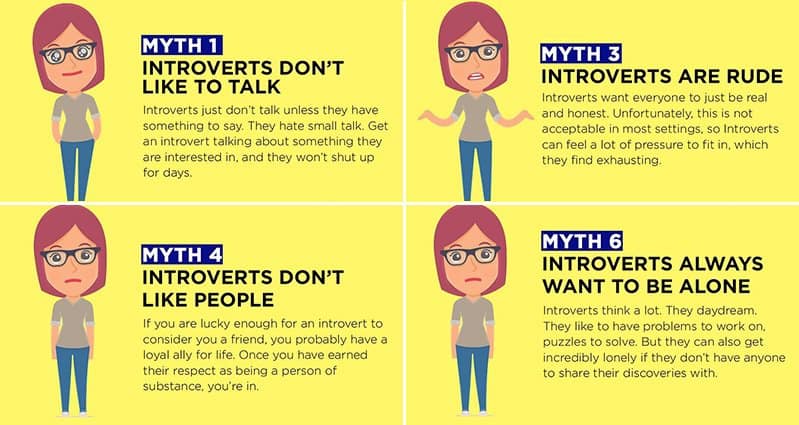
I see a therapist every once and a while.
I attend regular group sessions.
I have a team of doctors supporting my mental health.
6 / 10
After socializing you:
Obsess over all the things you said and all the moments you felt awkward.
Need to decompress with a good book in a hot bath.
Keep away from busy settings for a while. That’s enough for a few weeks… or months.
Feel drained, even if you had a good time.
7 / 10
Your closest friends describe you as:
A total dreamer! You’re always in your own head.
Reserved and grounded. You take time to think before you speak or act.
Shy and awkward, but mostly just around strangers or in busy places.
Someone who takes care of themselves by taking time for themselves.
8 / 10
Would you ever consider hiring a life coach?
Definitely! I'll take all the help I can get.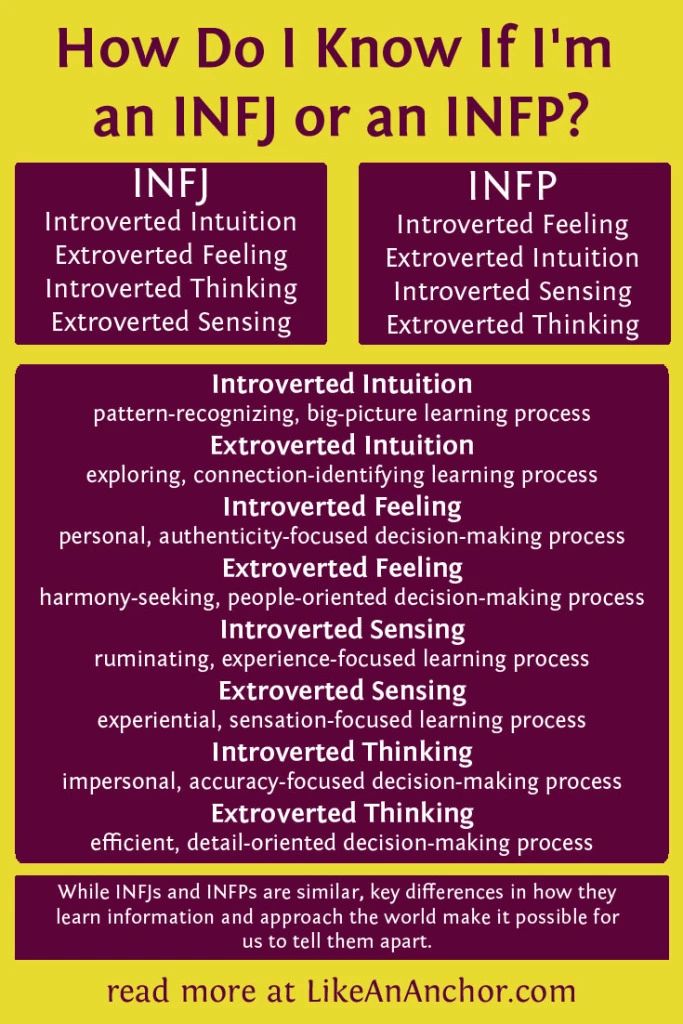
I doubt it.
If I ever felt I needed one, for sure.
I already have one!
9 / 10
How introspective would you say you are?
Very! I’m constantly daydreaming, and I like to relax by getting completely lost in a book.
A little. I definitely enjoy my alone time which I often use to think or practice mindfulness.
Not very. I like to think before I speak but otherwise, I don’t ruminate or anything like that.
Quite a bit. I tend to obsess over things in my mind.
10 / 10
You're a... Social Introvert!
Being an introvert hasn’t stopped you from leading a rich social life. You can outwardly appear to be an extrovert, so people tend to treat you as such and are often surprised to learn otherwise.
You prefer close relationships with a few people and are capable of balancing a healthy social life with much-needed alone time to recharge. You’re often seen sitting in a café, sipping cappuccinos solo.
You don’t usually feel anxious in social situations, but you’ll be ultimately drained by them. Don’t feel bad about taking the time you need to rest and reset. And remember not to overload yourself, you can’t make everyone happy.
"The limited circle is pure.”
— Franz Kafka
Tips to Help you Keep a Healthy Social Life
(even when you don’t want one)…
We all need alone time.
Some of us need more than others and that’s ok. Just remember there’s a wonderful world out there with a lot of amazing people who can enrich your life and offer you a support system. Work at balancing your home and social lives.
Choose your people wisely.
It’s ok to take your time to get to know someone before letting them into your life. It’s also ok to walk away from a relationship that isn’t a good fit. If someone is too spontaneous or high energy for you, put some distance between you to relieve tension.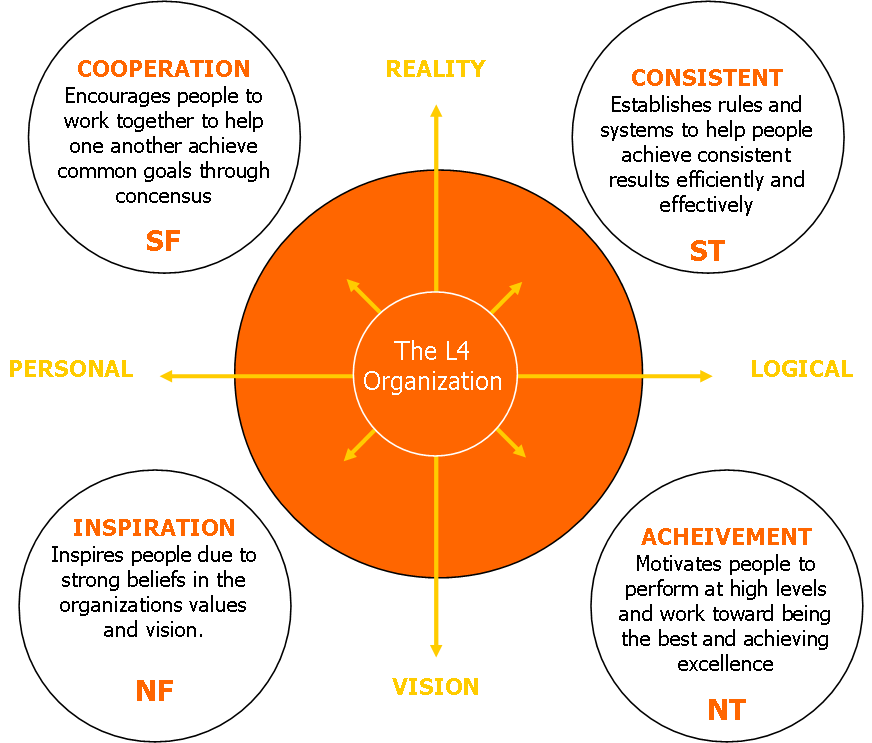 There are so many fish in the sea.
There are so many fish in the sea.
Do nice things for yourself.
Take yourself out to a fancy restaurant, buy the shoes you’ve been eyeing up, pick up a hobby. It’s time to be good to you!
But what do I know...?
Hello! I’m family psychologist Omar Leon.
Why do I know so much about being an introvert? Well, because I am one!
I studied psychology at Yale University. I’ve written multiple books and taught countless lectures on the subject.
I’ve been practicing in my hometown for over twenty years, and I love helping people grow and learn how to be their best selves, under any circumstances!
Looking for a little extra guidance?
Check out these resources...
Read this blog post where I give tips on how to live your best life as an introvert in an extrovert society.
Follow me on Facebook for daily musings and links to helpful resources.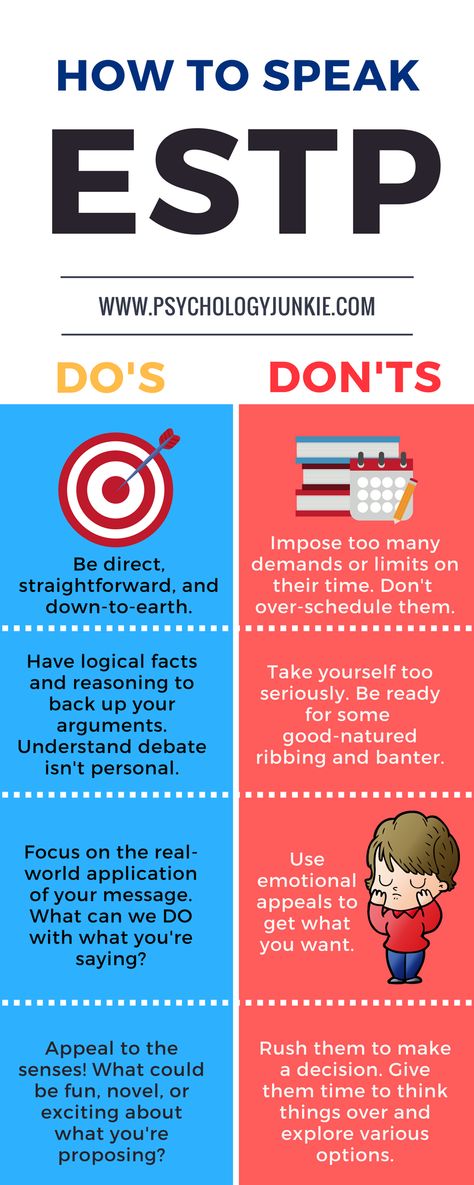
Book a 15 minute consultation with yours truly and we’ll come up with some strategies tailored just for your unique brand of introversion.
P.S. Don’t forget to check your email! I’ll be in there with more tips to transform your life...
You're a... Thinking Introvert!
You’re a daydreamer and you’re totally ok with it! You spend a lot of time in your head because you enjoy your company. You live a rich inner life and are usually in tune with your emotions. You love getting lost in a good book and are quite creative. You love music and may even play an instrument.
You are arguably more self-aware and introspective than your introvert counterparts. You love studying and learning. You’re often found with your nose in a book.
Don’t forget about your friends’ lives and feelings. And if you need a little extra time to process, don’t be afraid to ask for it. Maintaining healthy relationships will keep you in touch with the rest of the world while providing inspiration for your creative endeavors.
“There’s a difference between preferring books to parties and preferring sixteen cats to seeing the light of day."
— Lauren Morrill
Tips to Help you Keep a Healthy Social Life
(even when you don’t want one)…
We all need alone time.
Some of us need more than others and that’s ok. Just remember there’s a wonderful world out there with a lot of amazing people who can enrich your life and offer you a support system. Work at balancing your home and social lives.
Choose your people wisely.
It’s ok to take your time to get to know someone before letting them into your life. It’s also ok to walk away from a relationship that isn’t a good fit. If someone is too spontaneous or high energy for you, put some distance between you to relieve tension. There are so many fish in the sea.
Do nice things for yourself.
Take yourself out to a fancy restaurant, buy the shoes you’ve been eyeing up, pick up a hobby.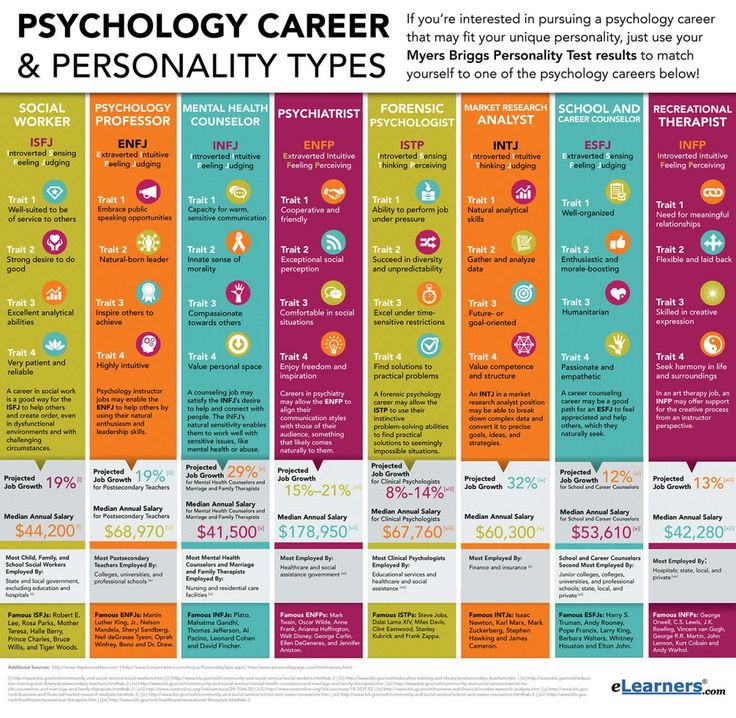 It’s time to be good to you!
It’s time to be good to you!
But what do I know...?
Hello! I’m family psychologist Omar Leon.
Why do I know so much about being an introvert? Well, because I am one!
I studied psychology at Yale University. I’ve written multiple books and taught countless lectures on the subject.
I’ve been practicing in my hometown for over twenty years, and I love helping people grow and learn how to be their best selves, under any circumstances!
Looking for a little extra guidance?
Check out these resources...
Read this blog post where I give tips on how to live your best life as an introvert in an extrovert society.
Follow me on Facebook for daily musings and links to helpful resources.
Book a 15 minute consultation with yours truly and we’ll come up with some strategies tailored just for your unique brand of introversion.
P.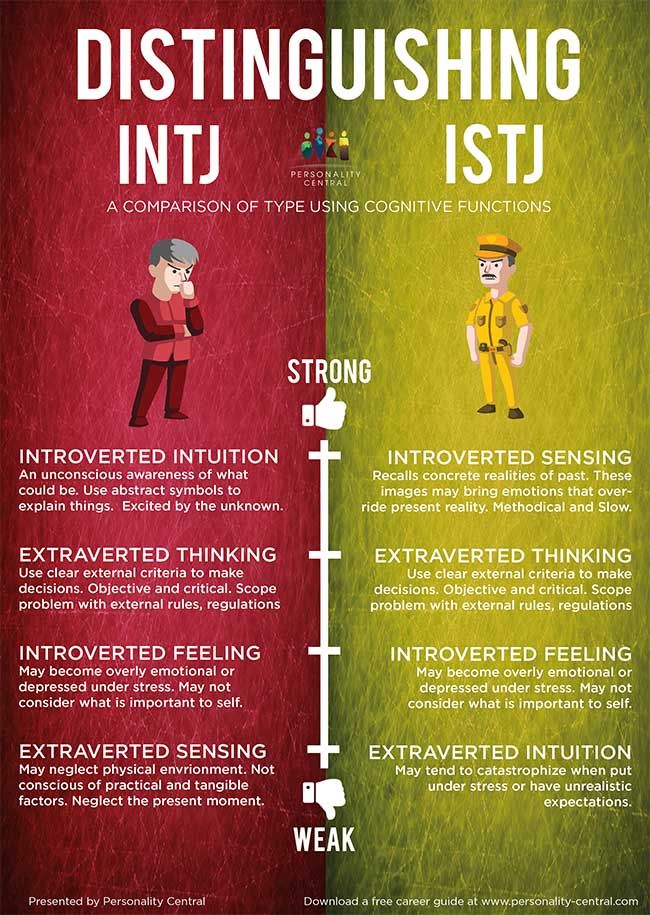 S. Don’t forget to check your email! I’ll be in there with more tips to transform your life...
S. Don’t forget to check your email! I’ll be in there with more tips to transform your life...
You're a... Anxious Introvert!
You don’t love socializing and you’re ok with it. You generally feel awkward in social settings, so you tend to avoid them at all costs.
You may feel you’re a bit lacking in the social skills department which can make you self-conscious; you can’t stand the feeling of eyes on you as you enter a room. And even when you’re surrounded by close friends, you can feel completely alone.
You can really get inside your own head, sometimes ruminating for hours or even days. Keep a journal to jot these obsessive thoughts down and do something good for yourself each day. Get out into nature and find a hobby that satisfies the mind. And remember it’s ok to reach out for help from a close friend or even a therapist to help you learn strategies to overcome your anxieties.
“Telling an introvert to go to a party is like telling a saint to go to Hell. "
"
— Criss Jami
Tips to Help you Keep a Healthy Social Life
(even when you don’t want one)…
We all need alone time.
Some of us need more than others and that’s ok. Just remember there’s a wonderful world out there with a lot of amazing people who can enrich your life and offer you a support system. Work at balancing your home and social lives.
Choose your people wisely.
It’s ok to take your time to get to know someone before letting them into your life. It’s also ok to walk away from a relationship that isn’t a good fit. If someone is too spontaneous or high energy for you, put some distance between you to relieve tension. There are so many fish in the sea.
Do nice things for yourself.
Take yourself out to a fancy restaurant, buy the shoes you’ve been eyeing up, pick up a hobby. It’s time to be good to you!
But what do I know.
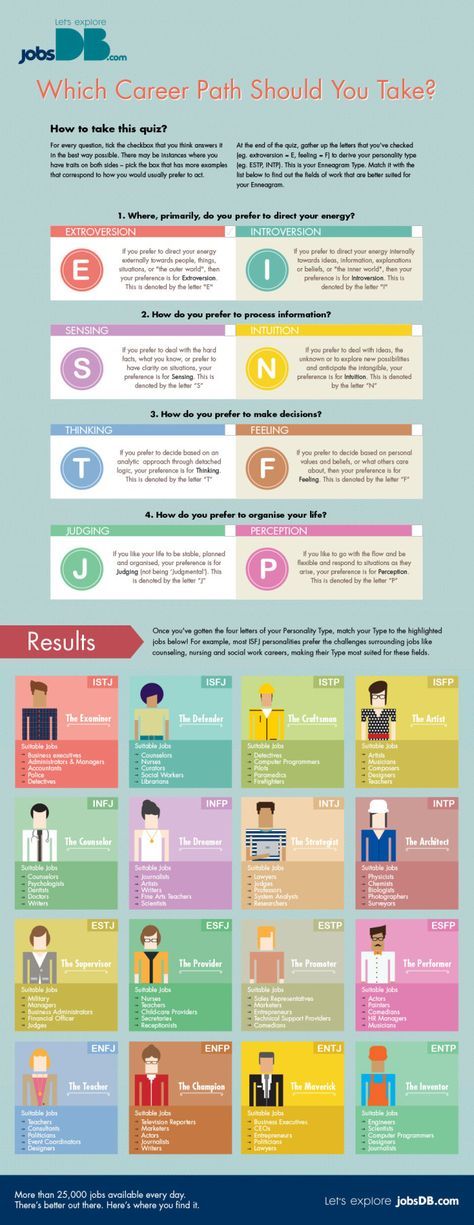 ..?
..?Hello! I’m family psychologist Omar Leon.
Why do I know so much about being an introvert? Well, because I am one!
I studied psychology at Yale University. I’ve written multiple books and taught countless lectures on the subject.
I’ve been practicing in my hometown for over twenty years, and I love helping people grow and learn how to be their best selves, under any circumstances!
Looking for a little extra guidance?
Check out these resources...
Read this blog post where I give tips on how to live your best life as an introvert in an extrovert society.
Follow me on Facebook for daily musings and links to helpful resources.
Book a 15 minute consultation with yours truly and we’ll come up with some strategies tailored just for your unique brand of introversion.
P.S. Don’t forget to check your email! I’ll be in there with more tips to transform your life.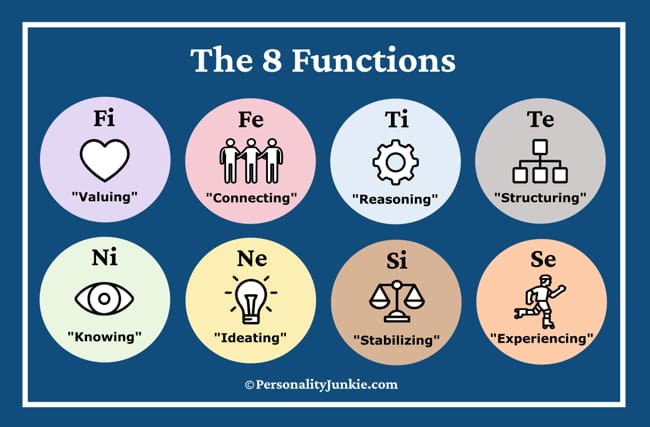 ..
..
You're a... Restrained Introvert!
You’re the quiet one! It takes you a little longer to open up to new people in your life, but if they can practice patience with you, they’ll have a loyal friend for life.
You may be seen as reserved or even sluggish; you need to take your time to prepare for the day or for a special event. Remember, it’s ok to give yourself extra time. Give people a warning and they’ll wait for you.
You prefer to make plans over spontaneous activities, and this can sometimes lead to you feeling left out and therefore isolated. Cultivate an introvert-friendly lifestyle, including friends and family who make plans and stick to them.
“The only problem with seeing people you know is that they know you." — Brent Runyon
Tips to Help you Keep a Healthy Social Life
(even when you don’t want one)…
We all need alone time.
Some of us need more than others and that’s ok. Just remember there’s a wonderful world out there with a lot of amazing people who can enrich your life and offer you a support system. Work at balancing your home and social lives.
Work at balancing your home and social lives.
Choose your people wisely.
It’s ok to take your time to get to know someone before letting them into your life. It’s also ok to walk away from a relationship that isn’t a good fit. If someone is too spontaneous or high energy for you, put some distance between you to relieve tension. There are so many fish in the sea.
Do nice things for yourself.
Take yourself out to a fancy restaurant, buy the shoes you’ve been eyeing up, pick up a hobby. It’s time to be good to you!
But what do I know...?
Hello! I’m family psychologist Omar Leon.
Why do I know so much about being an introvert? Well, because I am one!
I studied psychology at Yale University. I’ve written multiple books and taught countless lectures on the subject.
I’ve been practicing in my hometown for over twenty years, and I love helping people grow and learn how to be their best selves, under any circumstances!
Looking for a little extra guidance?
Check out these resources.
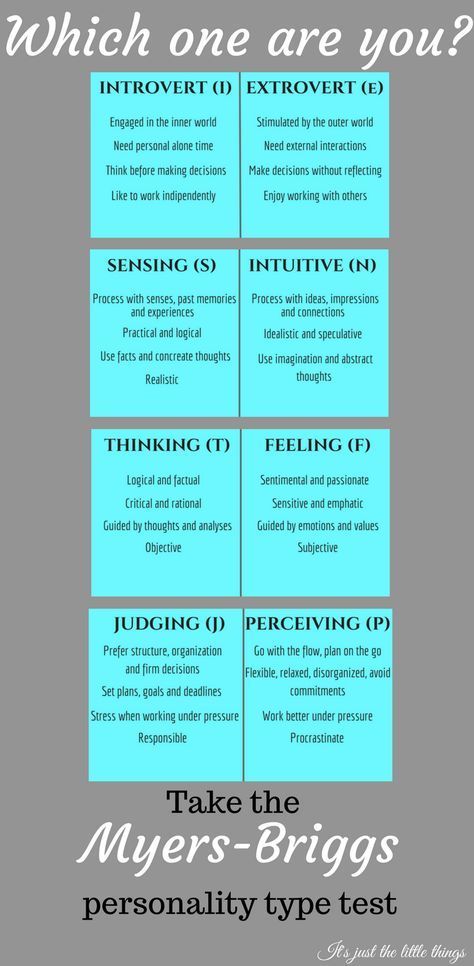 ..
..Read this blog post where I give tips on how to live your best life as an introvert in an extrovert society.
Follow me on Facebook for daily musings and links to helpful resources.
Book a 15 minute consultation with yours truly and we’ll come up with some strategies tailored just for your unique brand of introversion.
P.S. Don’t forget to check your email! I’ll be in there with more tips to transform your life...
How Many Types of Introverts Are There
Introverts aren’t the mythical unicorns that exist in a world designed for Extraverts; they’re a varied group of people with a broad spectrum of traits and strengths. You may know you’re an Introvert already or have an inkling you’re an Introvert based on their commonly associated traits. Quiet, thoughtful, aloof, stuck-in-their-head types—these descriptors for introverted personality types can be an endless loop that fails to paint the whole picture because not all Introverts are identical.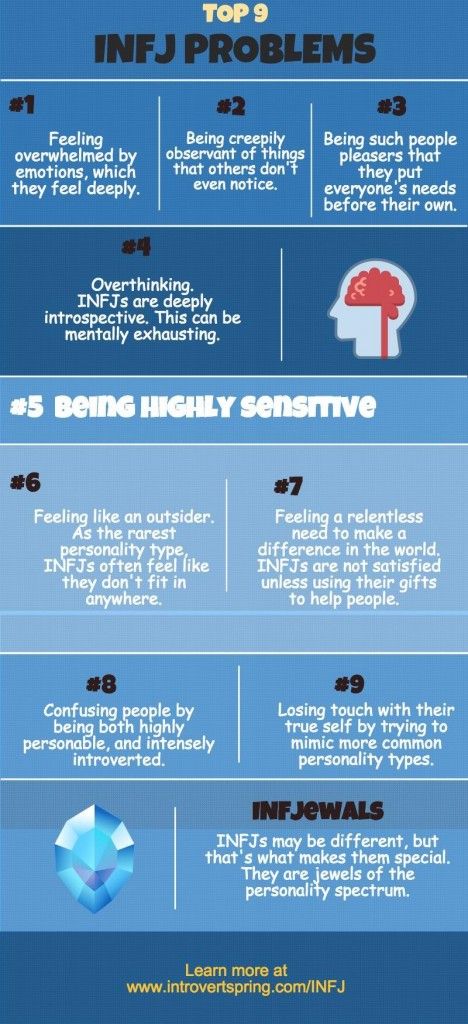
Just like the unique traits present in the 16 personality types, there are different types of Introverts, with varying characteristics that set them apart. If you’re wondering how many Introvert types exist and which one you are, get ready to find out.
The 4 Types of Introverts
The idea of categorizing Introverts into types isn’t new. The first person to develop the terms “introvert” and “extravert” was Swiss Psychiatrist Carl Jung, who also developed the foundation for many personality type theories today through his foundations.
According to Scientific American, boxing all Introverts into the same mold became a pain-point with psychologist J.P. Guilford, who, in the 1930s, didn’t think Jung’s concept of introversion fit everyone since his attempts to measure introversion provided him with varying degrees and factors. His findings surmised that psychologists needed to put more work in to pinpoint the true nature of the Introvert. And the argument between psychologists was to continue. The main point Guilford and other psychologists made throughout the decades was simple: Introverts were too varied to lump into one category.
The main point Guilford and other psychologists made throughout the decades was simple: Introverts were too varied to lump into one category.
The leading hypothesis of these different types of Introverts came when Jonathan M.Cheek, a Professor of Personality Psychology at Wellesley College in Massachusetts, and two others, Jennifer Grimes and professor Julie Norem, presented study findings during the 2011 Society for Personality and Social Psychology (SPSP) conference. The study took a look at 225 female students’ answers to four specific Introversion categories, which Grimes’ centered her Master’s thesis around. Their 2014 research manual included graduate student Courtney A. Brown.
These four Introvert types are Social, Thinking, Anxious, and Restrained, represented by the acronym “STAR.”
Social Introverts
A Social Introvert isn’t outgoing but prefers to keep their close circles small and intimate, with a select few people. This type of Introvert also loves being alone, so often, they prefer to be by themselves and don’t go out very much.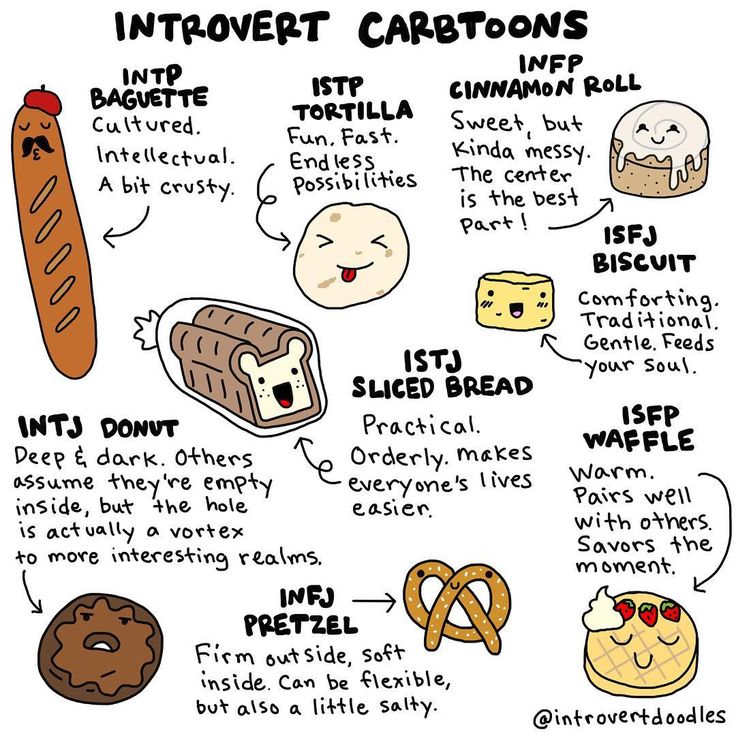
If you’re a Social Introvert, your ideal night is to stay in with a favorite movie, a glass of wine or tea, and a pizza, and no one else is invited. When you do go out, you’ll have a good time but daydream about what you’re going to do when you’re alone again. Social Introverts don’t have a problem connecting with others. Still, they prefer their own company above the company of others, which can make them appear aloof and unusual to more extraverted people.
Thinking Introverts
Thinking Introverts spend their time reflecting on themselves, life, and the universe. They love creative activities and imagination above all else and enjoy meditating on the mysteries of life. Because of their rich inner life, Thinking Introverts often get lost in their thoughts and choose to unwind through creative pursuits like painting, journaling, or something similar.
If you’re a Thinking Introvert, you don’t mind being around people, but you prefer to keep yourself involved in creative, inward-looking tasks that focus on intellectualism, self-evaluation, and abstract thoughts, so sometimes it’s easy to forget to socialize.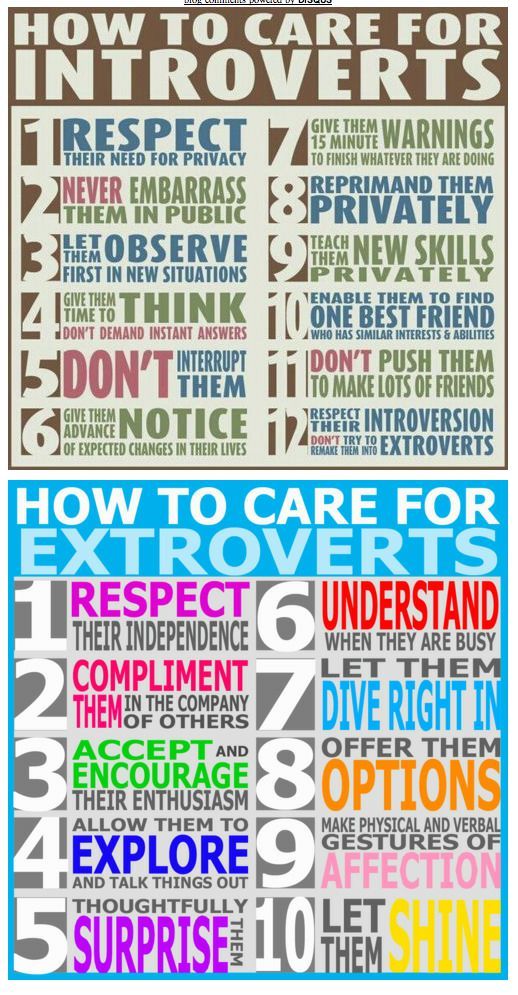 When you go out, you always go back to your Thinking world to rest and recharge your batteries.
When you go out, you always go back to your Thinking world to rest and recharge your batteries.
Anxious Introverts
Unlike Social and Thinking Introverts, Anxious Introverts prefer to avoid social gatherings because they feel uncomfortable and self-conscious. This discomfort is something Anxious Introverts feel around others, so they’re usually found spending time on their own at home.
However, if you’re an Anxious Introvert, you may feel uneasy even when you’re alone, thanks to your habit of ruminating on awkward interactions or how to improve your social life. An inner-dialogue at social gatherings is a commonplace event for you, which can make you even more nervous about how you’re perceived.
Restrained Introverts
Think of a Restrained Introvert as someone who needs some time to prepare for the day’s activities, whether those are social, professional, or otherwise. This type of Introvert doesn’t welcome a fast-paced job or social event, and they won’t get up with a fresh vigor for the new day.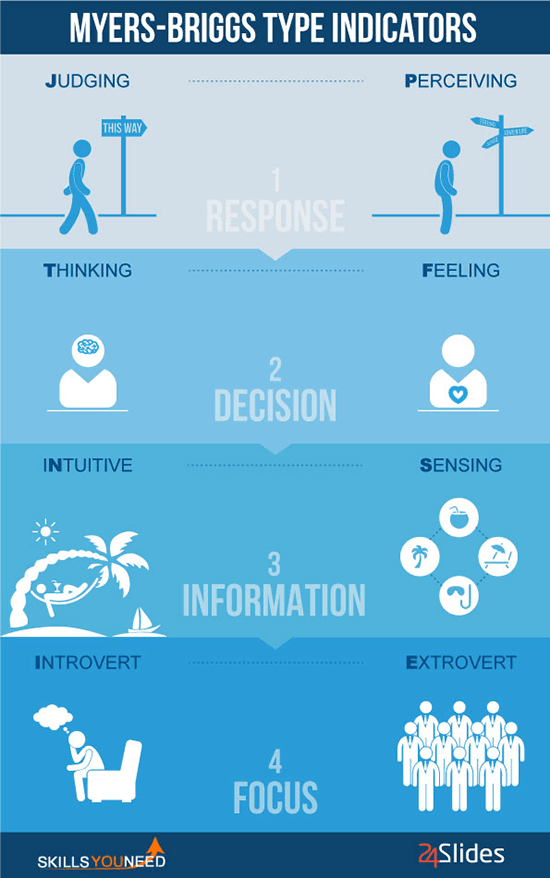 Instead, if you’re a Restrained Introvert, you need time to prepare for what the day has to offer.
Instead, if you’re a Restrained Introvert, you need time to prepare for what the day has to offer.
You’ll appear aloof but will eventually come out of your shell after spending some time around strangers. You will likely also speak in a slow and deliberate manner instead of saying the first thing that comes to your mind. Everything a Restrained Introvert does is thought-out beforehand, and they don’t like to feel rushed.
Which Type of Introvert Are You?
You can figure out which type of Introvert you are by discerning which one of the STAR types sounds most like you. You can also take the STAR test developed by Grimes, Cheek, Brown, and Norem, which is available here near the end of their preliminary research manual. There’s also another version online from Scientific American here, which might be a bit simpler and compares to other, reportedly average scores from the general population.
The questionnaire consists of 10 questions per type, and you answer them on a 1 to 5 scale of how similar a particular scenario is to your behavior.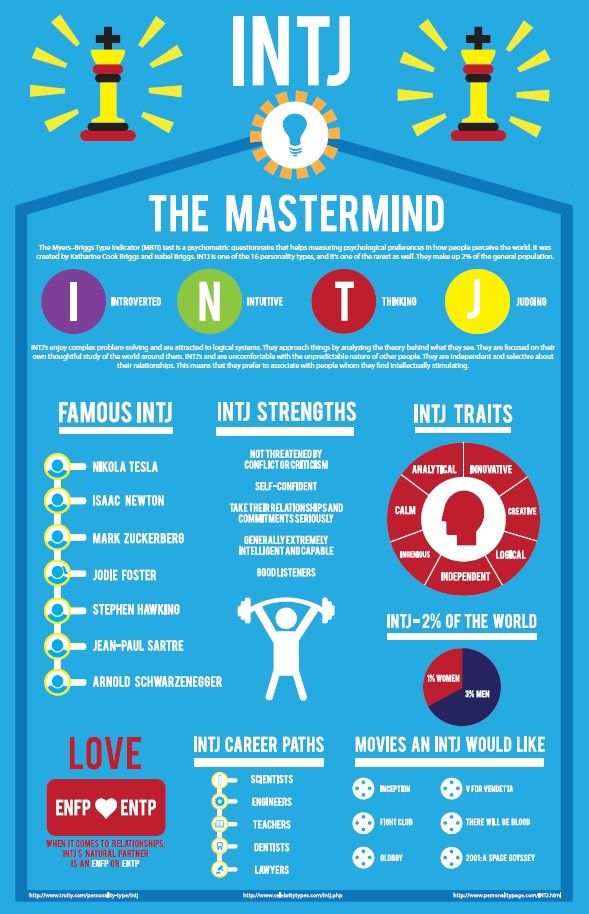 For example, when I took the test, my highest score was for a Thinking Introvert, and although I scored lower by a few points on each of the four categories, I identified the most with the Thinking questions.
For example, when I took the test, my highest score was for a Thinking Introvert, and although I scored lower by a few points on each of the four categories, I identified the most with the Thinking questions.
My test scores were among the high percentile of averages in every category. It’s also important to point out that although Thinking Introvert fits me well, my answers were so close in each category I could almost be a melting pot of all four types. As with any personality test, you’re going to have some similarities and differences, and no one label explains everything about you because everyone is unique.
The takeaway
When you discover which type of Introvert you are, you may have a defining moment where you feel “seen,” or you may think, “I knew that already.” Whatever your reaction is, it’s always nice to learn more about your traits through an outside perspective of personality theory. Since personality theory is an ever-developing science, you may find even more information about introverted types in the future.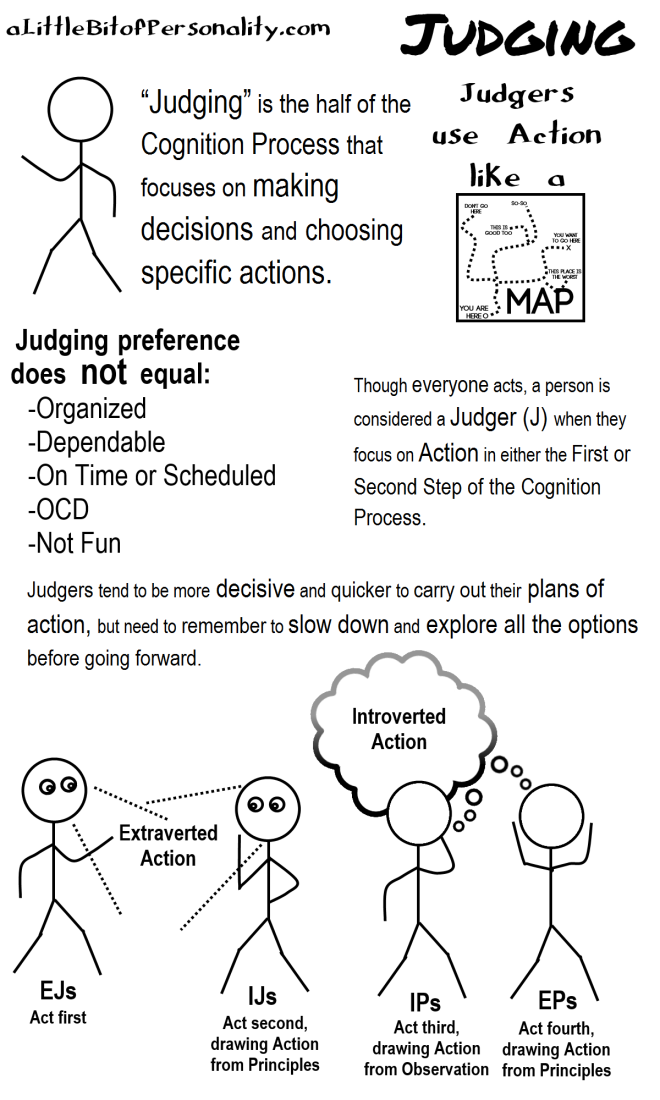
Whether you’re a Social, Thinking, Anxious, or Restrained Introvert by nature, you’re always in control of how you move through life.
Test: Only special introverts will find all the objects in the photo Ustaliy.ru
in Tests for attentiveness and intelligence
published PopTesti.ru
There are only 4 types of introverts in the world, and only representatives of one type will be able to see all the objects in these images.
Find out what type you are and what it says about you.
Subscribe to fresh tests in VKontakte , Odnoklassniki and Telegram
Did you like it?
490 Points
Yes No
excointrovertsubjectstest
Don't miss
-
trending
in Tests of attentiveness and intelligence
Children's problem from the USSR, which not every adult attentive Russian can cope with
Hidden in this picture are 14 words that begin with the letter m, try to name them all in 3 minutes.
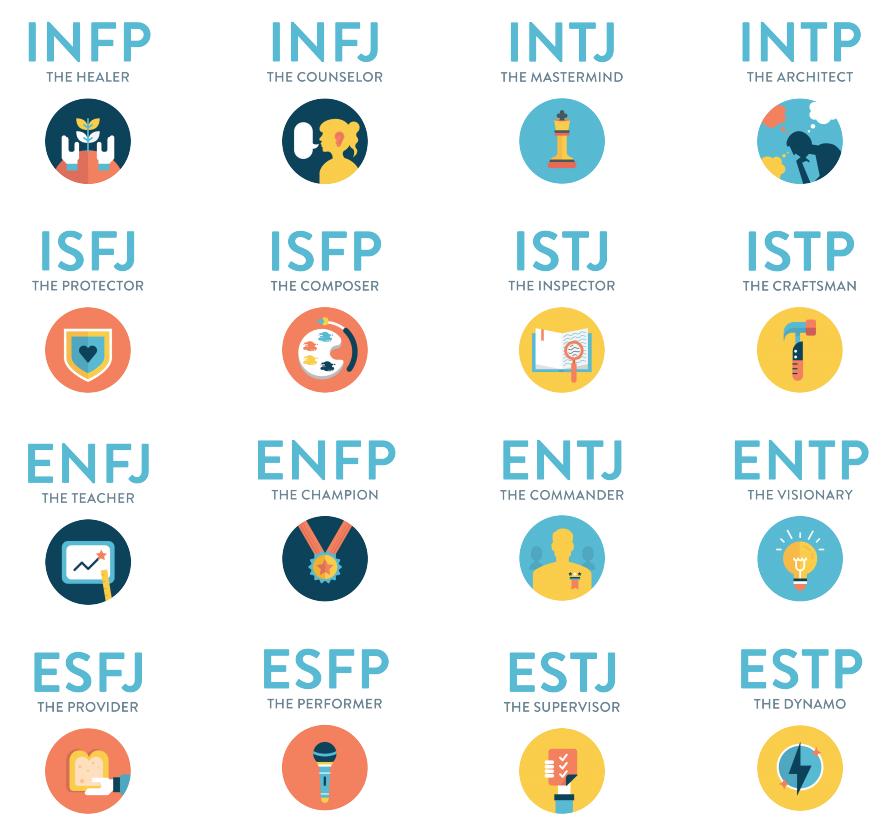 It may seem like an easy task, but it is […] More
It may seem like an easy task, but it is […] More -
in Tests of attentiveness and intelligence
Test: Is this a picture or a photograph? Test your powers of observation
Many modern artists strive to achieve photographic accuracy in their work, while photographers, on the contrary, turn their pictures into paintings. Can you tell one from […] More than
-
in Riddles and puzzles, Tests of attentiveness and intelligence
Quiz with riddles: how smart are you?
How long have you been straining your brain and showing quick wits? Wits - the ability to use the images already in the mind to quickly find the right solution. Logic puzzles — […] More
-
in Mindfulness Tests
Mindfulness test, evaluate the work of your brain
The tasks in this test will help you to move your brain a little. Let's check how you are doing with quick wits and logical thinking, whether you adequately perceive […] More
-
in Tests of attentiveness and intelligence
Test: Is your attention in order or is it time for you to relax? Is it time for you to go on vacation?
If you work long and concentrated, without allowing yourself to rest, then your attention and concentration will inevitably decrease.
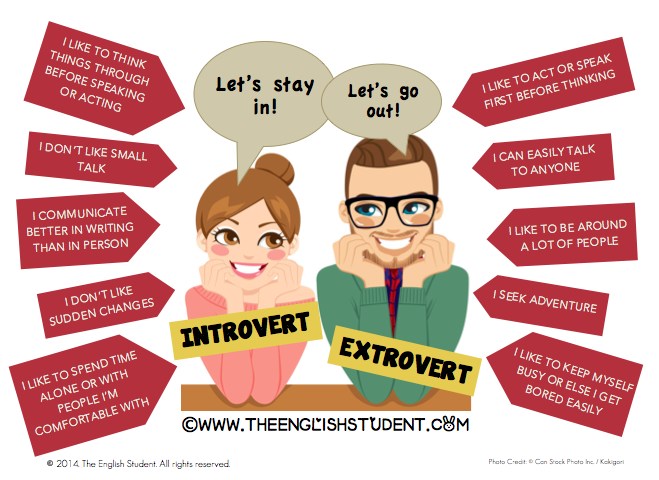 Is it time for you to go on vacation? Check […] More
Is it time for you to go on vacation? Check […] More -
in Tests of attentiveness and intelligence
Do you have the potential to become a genius? Find out now with this mindfulness test
Take a test of attentiveness in which you need to see an extra character among letters or numbers. Sound simple? Then let's see if you can handle it! It's not […] More
-
in Riddles and puzzles, Tests of attentiveness and ingenuity
Test: Are you good friends with logic and ingenuity?
Every day a person has to solve many problems, the solution of which requires logical abilities from him. It is believed that everyone has this ability. Learn about your […] More
-
in Tests of attentiveness and intelligence
Alice in Wonderland English Mindfulness Test: Try to Find 9 Objects
Observation, imaginative thinking and attention to individual details is a very useful practical skill that will come in handy when solving many practical problems.
 Try the visual test on […] More
Try the visual test on […] More -
in Tests of attentiveness and intelligence
Quiz: Do you recognize an animal from a child's drawing?
An artist father turns his young son's drawings into realistic images. The fantasies of both authors can only be envied! Can you see the animals in the boy's drawings? Check out […] More
-
in Tests of attentiveness and intelligence
Intelligence test. 70% of people can't pass it
Do you like intelligence tests? We have prepared challenging tasks that will help you develop your intellectual abilities and ingenuity. Not everyone can pass it, […] More
Extroverts and introverts: how to understand?
Can ice and fire get along together? What about extrovert and introvert? And who are they anyway?
The terms "extrovert" and "introvert" in psychology describe two different types of personality. These terms first appeared in C.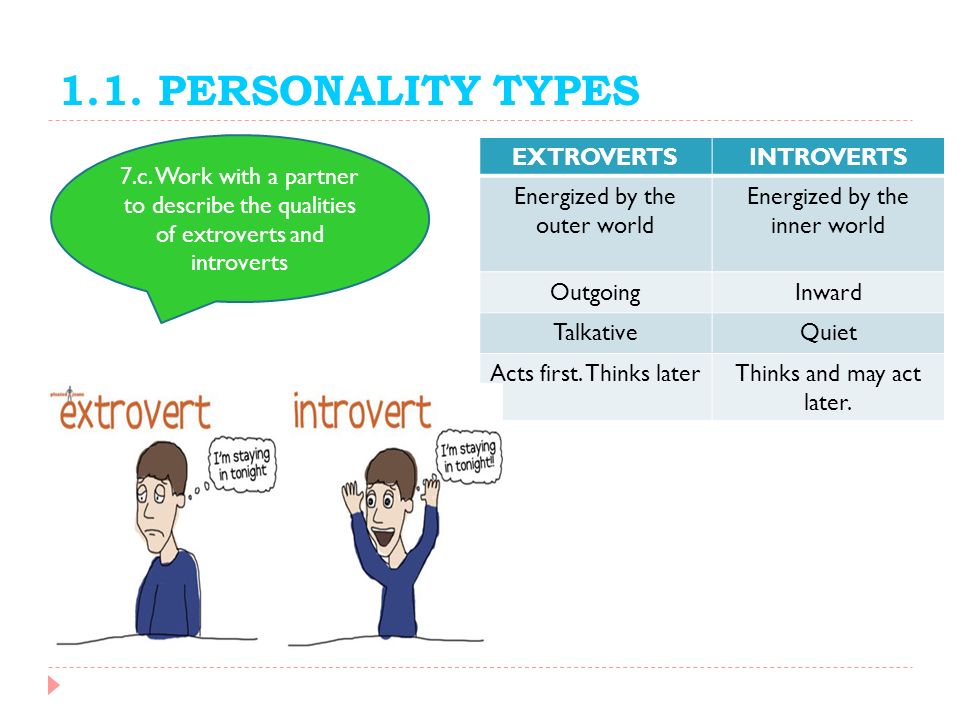 G. Jung's Psychological Types (1921).
G. Jung's Psychological Types (1921).
Psychologist Ekaterina Burmistrova talks in detail about the differences between extroverts and introverts, about the difficulties of living together with representatives of these personality types, about ways to overcome these difficulties.
Difference in temperaments
Ekaterina Burmistrova
Extroverts ("extra" - outside) are people whose main events lie in the outside world, mainly in the field of interpersonal relations.
An extrovert gives the impression of a very sociable person, he can have a huge number of acquaintances, and at the same time all such acquaintances may not be very deep, not very reliable.
For people of the introverted type, what is inside them is more significant and important.
If a person is an introvert, this does not mean that he sits at home all day long, burying himself in a book, a computer, a picture that he paints. He may be a highly socialized person. But the most important events for him are those that take place in his inner world. Introverts will not have 438 friends in different social networks, it can be two or three friends, but these are high-quality, reliable relationships that sometimes last a lifetime.
But the most important events for him are those that take place in his inner world. Introverts will not have 438 friends in different social networks, it can be two or three friends, but these are high-quality, reliable relationships that sometimes last a lifetime.
An extrovert, in order to experience an event, needs to tell someone about it, at least by phone, or write a short post. And then the event will take place. And for an introvert, immediately telling about an event is like erasing it with an eraser. He first needs to experience this event inside, build his attitude towards it, and only then he will be able to share it.
Energy sources of an extrovert
Energy sources of extroverts are primarily people. If there is no opportunity to share impressions and feelings, then their mood falls, if there is a chronic lack of opportunity to share their experiences, a person can become a grump. An extroverted child is content, happy, and can behave decently when he has the opportunity to interact with other children.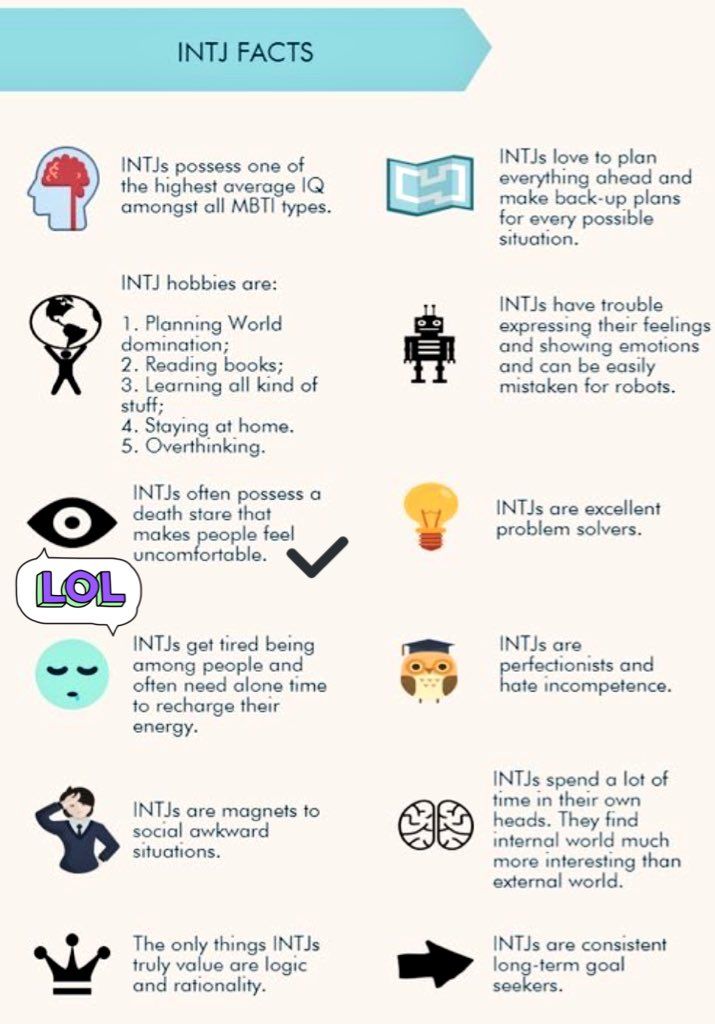
The need for people is not an inferiority complex, it does not exist because a person does not believe in himself and he needs others. An extroverted child, and even an adult, often needs people to feel alive.
Extroverts and Introverts
For an extrovert, communication is a source of energy, a battery that must be periodically recharged. For some time, he may not practice communication, but immerse himself in himself, but even immersed in an activity or a system of views that does not welcome communication, an extrovert will still find an opportunity to apply himself, to realize his desire to communicate with other people.
Blocking these channels is senseless and cruel. For example, parents may be passionate opponents of children's institutions, they do not want to send their child to kindergarten, school. In itself, this desire is neither good nor bad. But this choice is not suitable for all children. An extroverted child, until you take him to the garden, you will "take out the brain.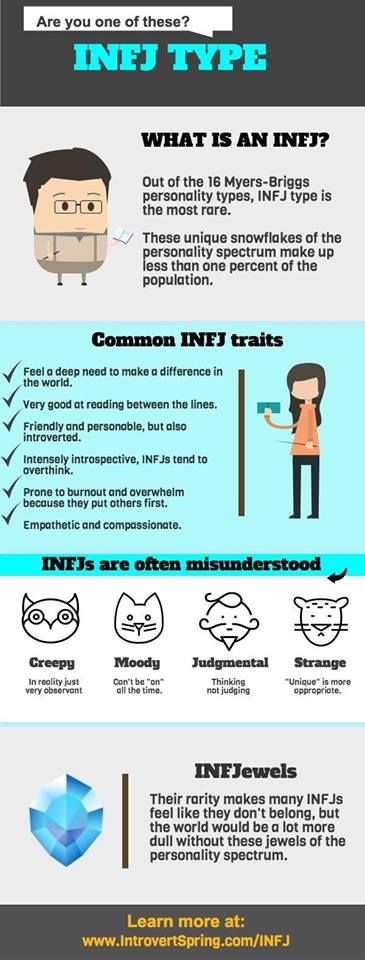 " Because all the communication that he needs, he will beat out, twist out of you.
" Because all the communication that he needs, he will beat out, twist out of you.
The next extrovert source is great, but not all adults realize this. This is praise, preferably verbal or tangible, like a medal. The extrovert says, "I washed the dishes." The correct reaction is not “uh-huh”, but a medal. An introvert needs praise too, but if you praise like an extrovert, he will feel like you are mocking him. Praise and comments should be appropriate and subtle.
Adult extroverts who understand everything are very inspired by praise, they gain strength from it. Praise for an extrovert is feedback, positive reinforcement.
The third source of energy for the extrovert is assistance in thinking through conversation. Extroverts think when they talk. If it is impossible for them to discuss, it is difficult for them to think. To solve something, you need to talk to them. Extroverts don't chat, they're just thinking out loud.
Introvert energy sources
The energy source of an introvert is, firstly, time alone.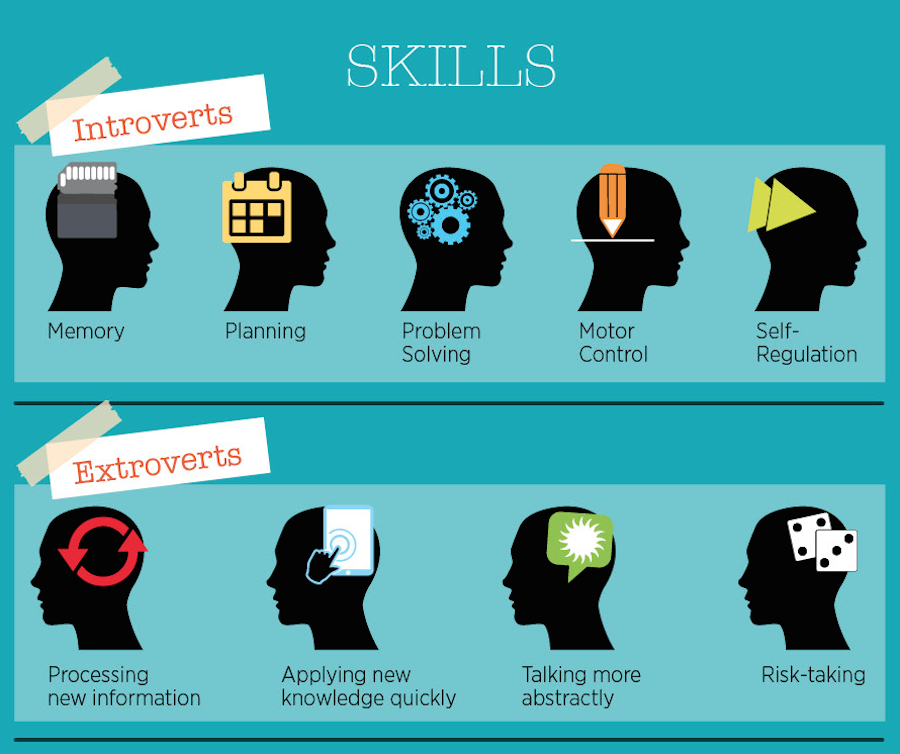 If there is an introvert in the family, the zone into which the person has entered should be highlighted - and this becomes a marker: "do not pester me." It’s good if “legislation” is being formed that people in this zone should not be touched.
If there is an introvert in the family, the zone into which the person has entered should be highlighted - and this becomes a marker: "do not pester me." It’s good if “legislation” is being formed that people in this zone should not be touched.
The next source of the introvert is free space. Very often, even in large apartments, no one has their own place. An introvert needs it. Often these places of retreat are the bathroom or toilet, the only rooms that are closed ...
Source: www.photodom.com Author: Natasha Ivanichek
The next source of energy for an introvert is time to think. For example, you need to take an introverted child to the theater, but he does not really like to go somewhere. In order to avoid any difficulty, you can use the step notification system: “You know, there is such an interesting theater in Moscow. In general, the theater is such an interesting place.” Not immediately offer, but go around in circles, give time to get used to the fact that the theater exists, that it has to do with people, and it can also have something to do with it.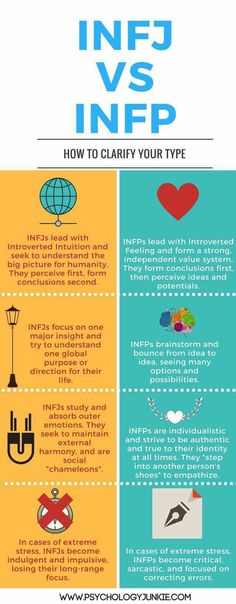 Time to reflect on the fact, especially if it is associated with an increase in the number of people, an external event.
Time to reflect on the fact, especially if it is associated with an increase in the number of people, an external event.
By demanding an immediate response from an introvert, you seem to be taking energy away from him. Demanding immediate stories about impressions - too. Very often, neglect of this feature in communication is the beginning of a crack and an increase in the distance in marital relations. An introverted husband comes home from work, his wife: “How are you?” Husband: "Okay." On the 1001st “normal” there are no more questions.
The main thing is that one has the impression that they do not want to share with him, while the second has the impression that they are shaking him like a stick and they want to get something out of him. I need to give my husband time. 40 minutes at the entrance is the golden rule. Children, even small ones, can be explained that dad or mom come home from work tired, they can’t communicate now, you can kiss dad and let him “get wet”.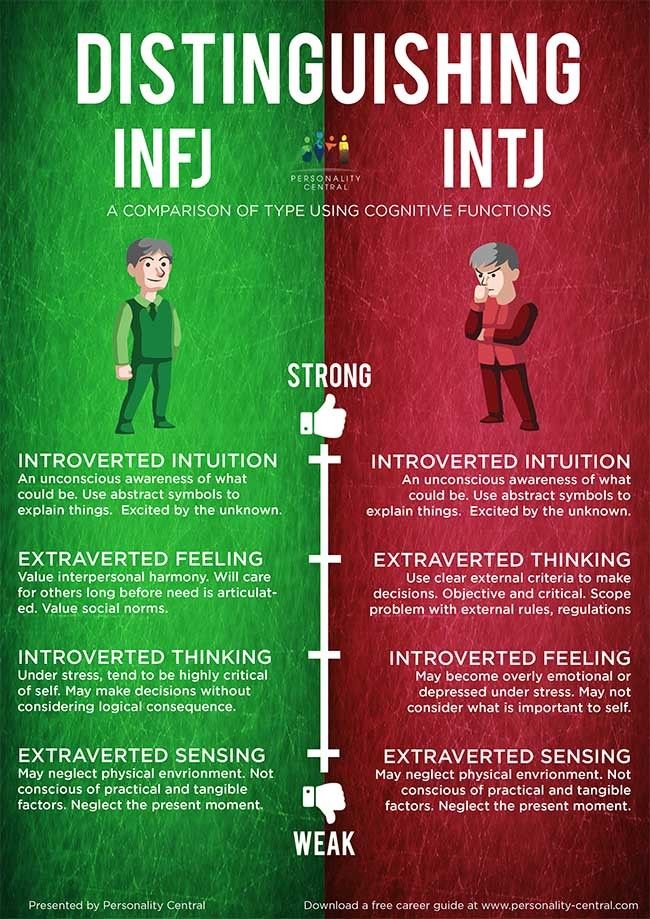
And the last source of energy for an introvert is the ability not to be distracted. Usually, when there is a family and household, you have to do many things at the same time. And only introverted women understand that it is very tiring to stir the soup with one hand, sweep the floor with the other, hold the child with the third, pick up the telephone receiver with the fourth.
Try to say to an introvert of any gender who is immersed in some activity: “Listen, go turn off the rice!” It's a normal request, nothing special, but it can be disastrous, because this interruption brings the introvert back to zero in the business from which he was ripped off.
A classic example from school life can be given: high school, the person at the blackboard answers: “This problem can be solved in 6 ways. The first way is like this. The second way, it can be better in this situation - such and such. "So, Ivanov, hurry up already." Ivanov is interrupted. “This problem can be solved in 6 ways.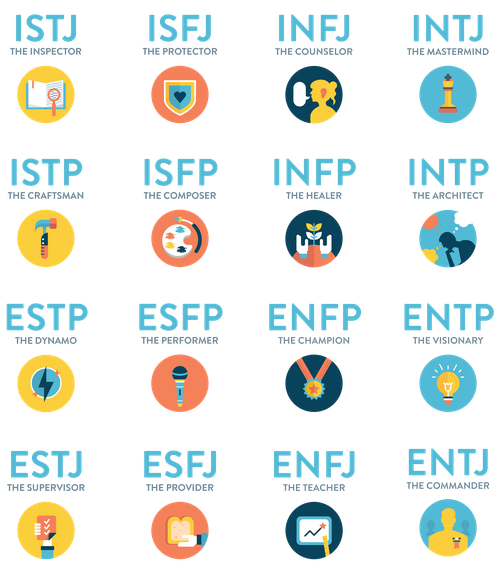 The first way is such and such…” He returned to the zero point. His thoughts are built, he cannot jump. This is not harmful, not a pathology, not a mental defect, but a feature of the thinking of a person of this type.
The first way is such and such…” He returned to the zero point. His thoughts are built, he cannot jump. This is not harmful, not a pathology, not a mental defect, but a feature of the thinking of a person of this type.
If an introvert speaks, then he already has a scheme in his head.
Both the child and the adult need to learn how to recharge after realizing the typology. Learn to see when the forces are running out, and learn, based on the resources that are currently available, to look for new forces. You need to know which situations most deplete one or another type.
Attention, docking!
How can these different ways of living fit together?
The first step is to become aware of what you have in the set. There are no pure types, but some things should be outlined. You need to understand what exactly in your family is associated with this typology.
The second is to name situations. To name it is to modify it by 30%. For example, yes, we have an evening peak of conflicts: “One came, and he needs to sit alone.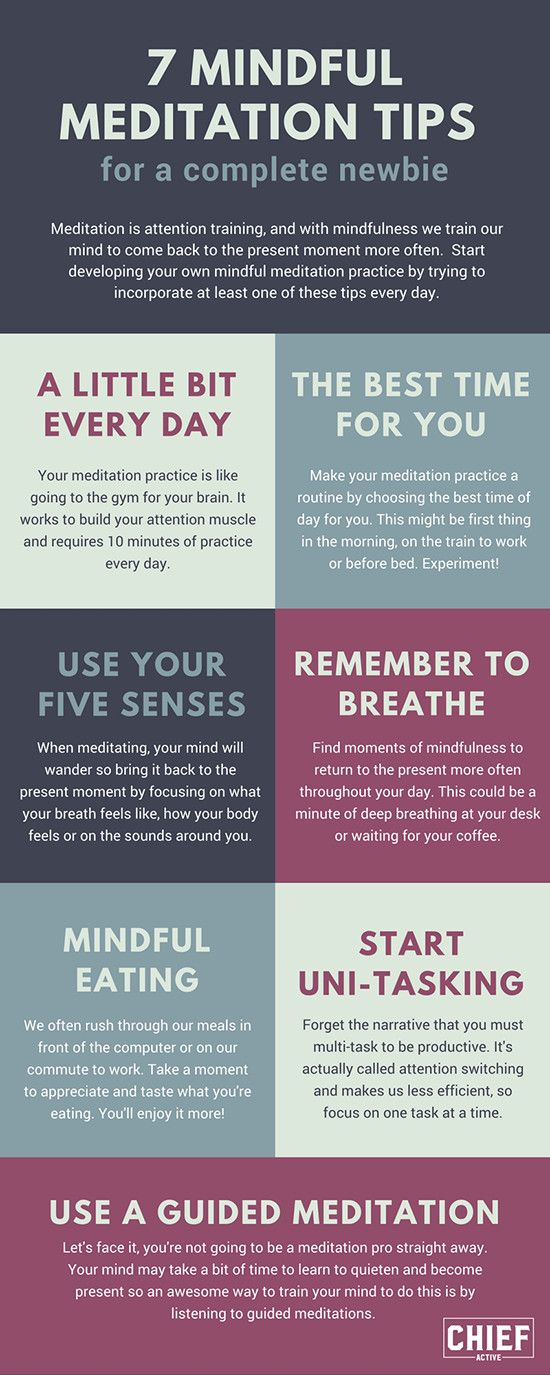 The second sat at home and he wants to talk. What can we do?
The second sat at home and he wants to talk. What can we do?
The next step is to recognize your normative conflicts and think about them in terms of different typologies. Maybe mom needs to take some kind of sports subscription to a fitness club, and then she will get impressions? Or will it be cheaper to turn on a harmful cartoon to the child so that both introverts can come to their senses? The idea is to teach each family member to keep their tone in an acceptable state and not interfere with the other. And to help the child - somehow teach, suggest, organize. He cannot do it himself.
It is very important that you are not influenced by such a "wonderful" idea that a person can be re-educated. “Now he is like that, here we will lay on him, explain that it is better to live differently. And then it will change, and we will all be happy.” The typology does not change arbitrarily. It needs to be recognized and taken into account.
What is the most difficult thing in the mutual consideration of typology in the family? - personal interests. The main obstacle is the “I tried harder” argument. “I went to a lecture. I wrote everything down, I'm trying to realize it, but he (she), the bastard, did not lift a finger. And this can have a rather strong influence on family relationships, as if if I do something, I will lose. In fact, there will be no losers. Although, of course, I want the symmetry of actions.
The main obstacle is the “I tried harder” argument. “I went to a lecture. I wrote everything down, I'm trying to realize it, but he (she), the bastard, did not lift a finger. And this can have a rather strong influence on family relationships, as if if I do something, I will lose. In fact, there will be no losers. Although, of course, I want the symmetry of actions.
Extroverts and introverts
The husband thinks that his wife went to a lecture, her aunt said something in her ears, and now she wants to enlighten him.
But the information is not passed up the family ladder system. Obsessive passing without a request cannot work. And if your behavior changes even one iota, then the source of information that served as a real change in behavior becomes more and more reliable, everything will be surrounded by more respect.
In order for the other person to perceive something, you first need permission to enter - whether he is ready to talk. Active imposition is one of the typical normative conflicts between introverts and extroverts.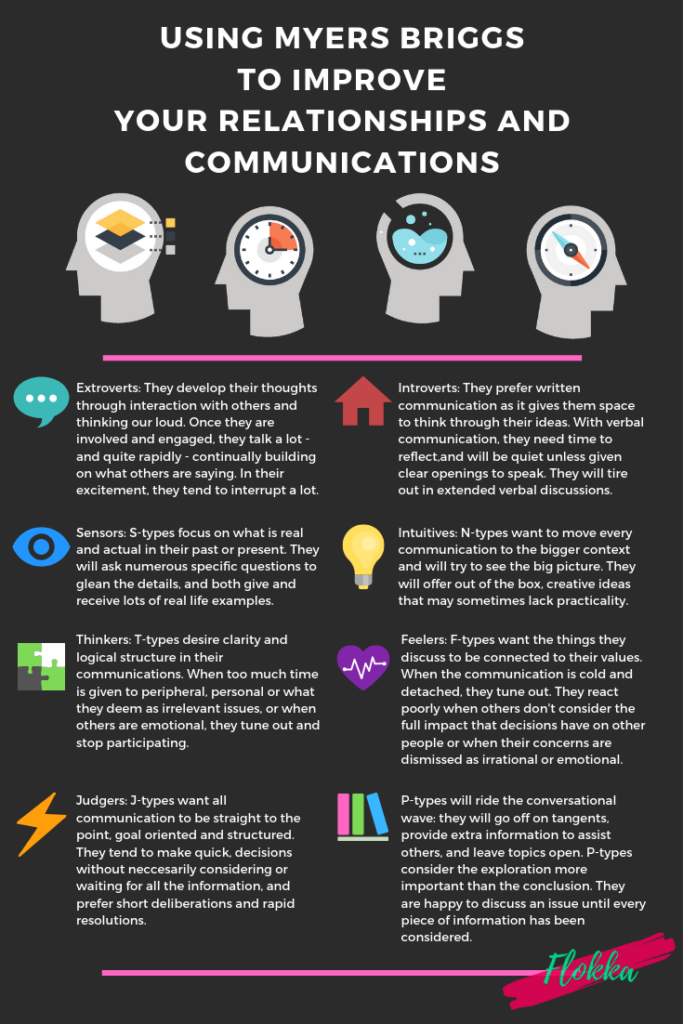
There is such a type in psychology - an involuntary patient: this is when one of the other brought to an appointment with a psychologist by the hand. This is one harm both for relationships and for a person. Only when you have a request do you listen.
Expansion in the knowledge of psychology can be both useful and harmful to the family. This should not become a jackhammer, a way of influencing the neighbor in the direction of his improvement. The main thing is not to deprive the other of what he needs and you do not need. And do not impose what he does not need. An introvert does not need classes in a team. He gets nothing but fatigue. He sits in the company of strangers, there is no space, a lot of impressions he does not need. And an extrovert needs to come, see the world, show himself, and he has already rested.
Reactions to stress
An extrovert and an introvert have two possible reactions to stress, overload, to something excessive in life. There is an opportunity to react extraponatively (outwardly) - to yell, to share on the phone, to tell twenty people about what happened to you.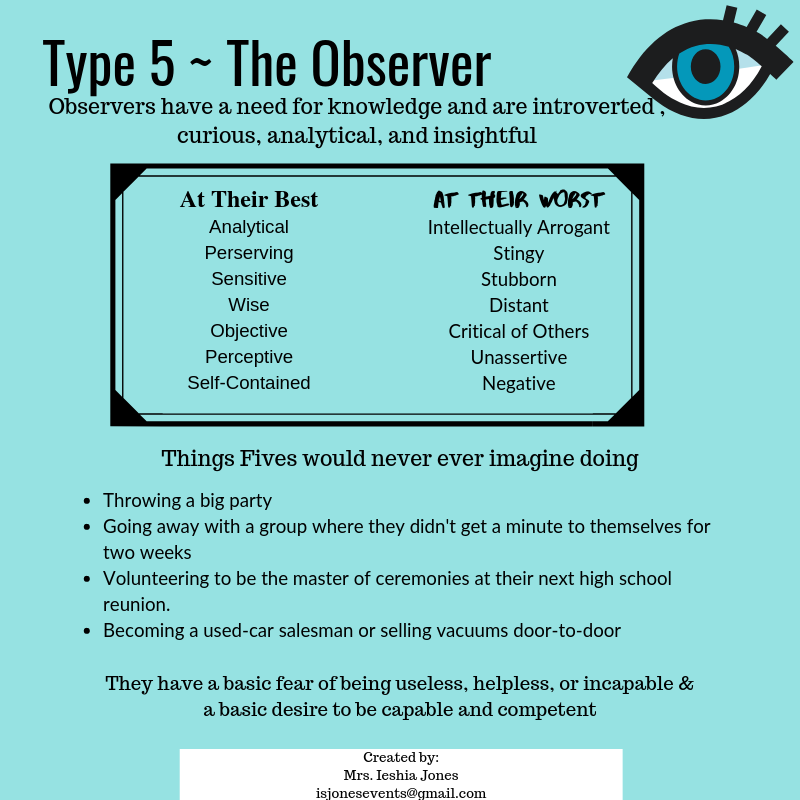
Extroverts do this quite often.
But they have the ability to respond to stress in a different, intro-conceptual way. It is an inward reaction when an event over-intensifies the inner experience.
For extroverts, manifestations of the first kind may be more dangerous. These people are already very expressive, and if they express themselves outwardly in stress, this expressiveness can spill over into aggression. For introverts, it can be dangerous to react too much inward, because they already have a great tendency to immerse themselves in inner experiences. Under stress, the reaction inward can lead to complete immersion in oneself, to something similar to depression, to isolation, separation from the world.
Acceptance of the child's typology
The typology must be accepted as the appearance of the child. It is not always easy to accept a child for who he is. It is very important to understand your child's temperament in non-negative terms. Each temperament has both strengths and weaknesses.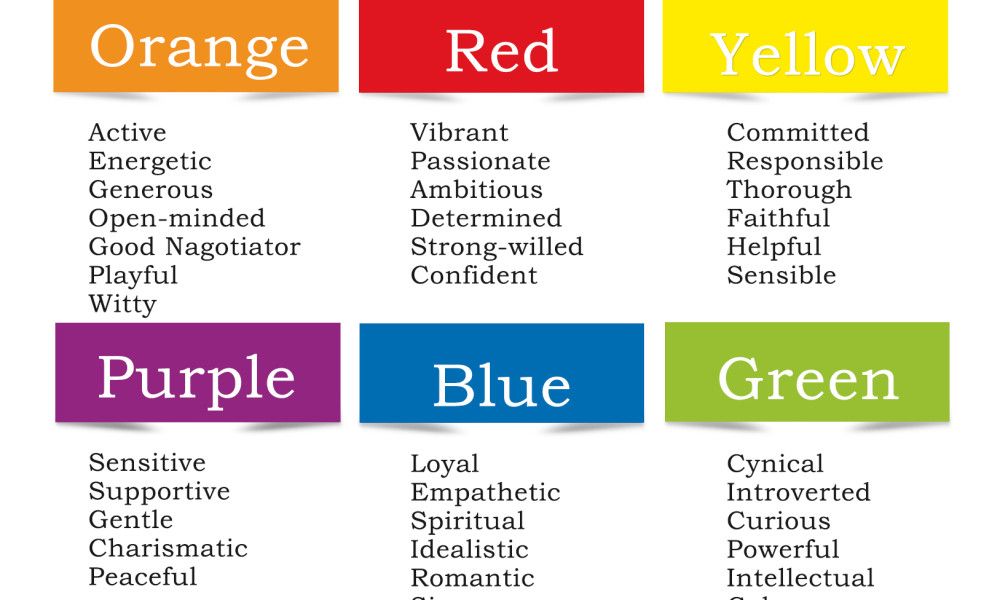 It cannot be said that one type is better than another, that an introvert is better than an extrovert. These are different people, they perceive the world differently, and they have different running advantages.
It cannot be said that one type is better than another, that an introvert is better than an extrovert. These are different people, they perceive the world differently, and they have different running advantages.
For example, a child gets up early in the morning, excitable - in other words, a lark. A label is attached to him - "fascist", because. does not allow parents to sleep. Often, some uncomfortable or poorly understood quality of character receives a negative name, a normal neutral quality receives a specific negative color. And the self-consciousness and self-esteem of a small child is built from the outside inward. “Mom says I'm a fool, so I'm a fool. Smart boy means I'm a smart boy.
The child thinks of himself the way we talk about him: we, Marya Ivanovna in kindergarten and a couple of friends. And only at a later age can he think of it and say: "The fool herself." The little one will listen to everything, absorb, build his self-esteem.
Temperament can be accepted, and everyone will benefit from it, because you will understand what it is and how you can use it, where are the strengths.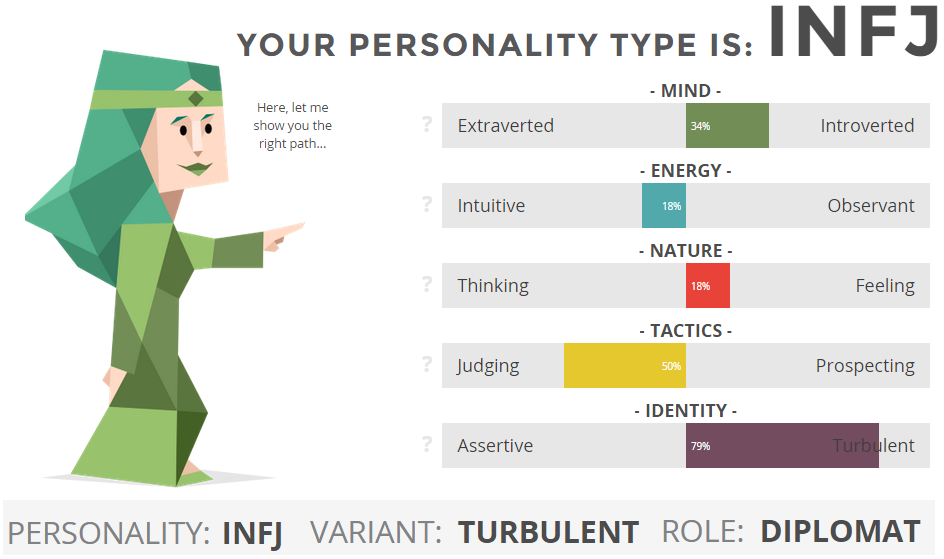
Or you can not accept it. And since you can’t put him anywhere, a child or an adult will become neurotic, and the efficiency will be less. It's like spitting against the wind, swimming against the current. The quality of temperament can be used as a driving force. And fighting it is as useless as fighting the wind.
Irrational ways of solving problems
A computer game is a way for an introvert to be alone with himself. Any screen addiction will have the source of the fact that “while you are here, they don’t touch you” You secluded yourself, wet your monsters, they are virtual, they don’t really exist, they don’t want anything from you, they don’t come into contact with you. And all sorts of other habits, such as smoking and drinking, can also have such a background.
There was a case: a couple came to a family appointment with a psychologist, the husband had the initial stage of alcoholism. They began to find out when he drinks. The husband says: “I work full time, I go up to the entrance (and there are several children, I feel sorry for my wife, she was tired during the day, she suffered, now I need to help her), when I think about it, I can’t help but drink a bottle.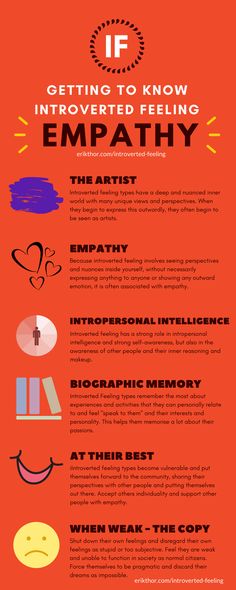 ” And he drinks at the entrance.
” And he drinks at the entrance.
Very good family man, very responsible father. They didn’t get bad, but it became clear where the bottle came from. Or he comes home. Children stick to him, and he would have to sit for 20 minutes. And he catches up even at home. As he drinks, the contours of reality blur, and he is actually alone.
Alcoholism can also be due to the fact that it is difficult for a person to make contact, he is very reserved, buttoned up. And drink a little - relax. There are many such cases.
Typology change
During life, the prevalence of extra- and introverted traits may change. Not in a day or a week, but over some long periods of time, it can change significantly.
Change in typology is an actual phenomenon in our time. Often, chronically overworked extroverts begin to have introvert personality traits. For example, an extroverted man is chronically overworked, and his work involves a lot of communication. And he does not spend eight hours a day at this job, but more, without days off and long holidays, remaining online after he has finished his stay at work.